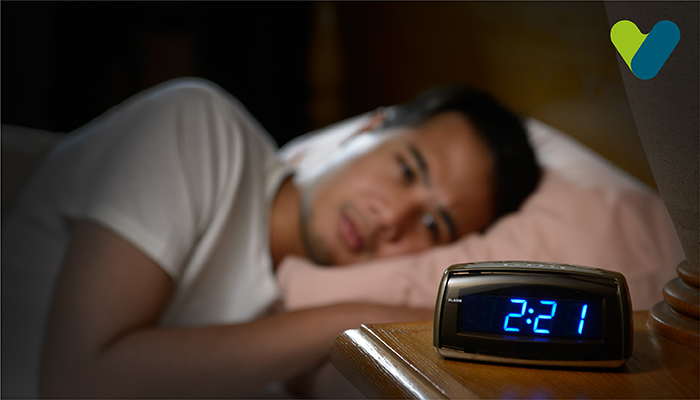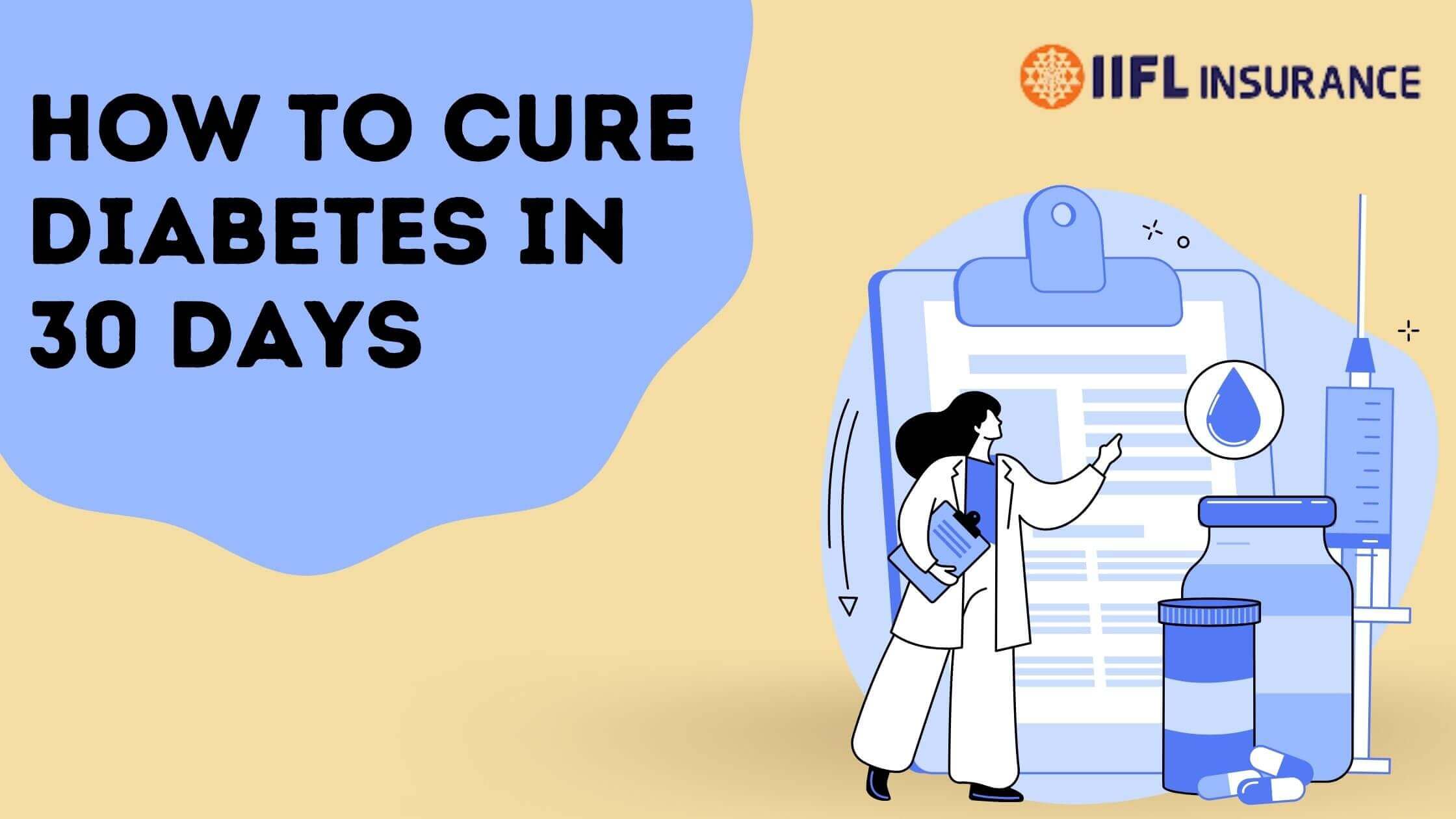The question "does lack of sleep cause diabetes" might sound a little absurd to some because one might think: "what does being awake or asleep have to do with how much 'sweet' I consume?"
Others might joke about it and say, "Well at least when I'm asleep, I'm only dreaming of eating unhealthy items and not actually eating them."
And of course, for the majority of us, hectic work schedules and a lack of work-life balance often mean that we do not have sufficient time to get a good night's sleep. It's not a choice. We simply do not have the time to sleep any more than we do nor the time to consider if lack of sleep does cause diabetes or not.
Since you are reading this article, you are definitely at least making the first move towards safeguarding yourself from diabetes and that is awareness.
Does lack of sleep cause diabetes? Yes, it does.
A strong and scientifically proven link between sleep and diabetes has been established or in other words, it has been proven that lack of sleep does cause diabetes.Depriving your body of its requisite amount of shut-eye marks up the level of stress hormones - or cortisol - secreted by your body. These hormones are required in order to help you to stay awake for more than the number of hours you're supposed to be awake for, during the day (that's 16 hours at best). However, those very same hormones also interfere with your body's ability to use insulin effectively. As a result, you end up with a higher amount of glucose in your blood.
Diabetes had both a direct connection as well as indirect connections to sleep deprivation.
Lack of sleep does cause diabetes, directly, as proven by an experiment
Dr. Walker, the author of a famous book called Why We Sleep, describes an experiment where people with completely normal blood sugar levels were deprived of sleep for just 6 days. They were permitted 4 hours of sleep or half the recommended amount per night of sleep.By the end of the 6-day period, all the participants showed a lower ability to break down glucose in the blood. They showed signs of being pre-diabetic after just 6 days of sleep deprivation.
Lack of sleep does cause diabetes, indirectly, by enabling obesity
There is also an indirect connection between sleep and diabetes and that is obesity, the number one leading cause of type 2 diabetes across the world.Basically lack of sleep hormonal shortages and excesses which in turn cause obesity and that obesity makes one a sitting duck for diabetes.
If you are someone who often does not get enough sleep, you'll notice that during your sleep-deprived periods you feel:
- Languid and less likely to exercise
- Hungrier than on nights when you sleep enough
- Like you just cannot get full
You're hungrier than otherwise because sleep deprivation acts as a catalyst to the accelerated release of the hunger hormone, ghrelin. But that's not all. Alongside higher levels of ghrelin, you also have lower levels of leptin, the satiety or fullness hormone.
People who are sleep deprived consume 300 to 500 calories more than people who get a good night's sleep. Clearly, this too increases their risk of developing diabetes on account of obesity.
How to avoid diabetes by improving your sleep/ tips to avoid sleep deprivation-induced diabetes
- If your sleep cycle has been affected by the pandemic, fix it immediately. Start by waking up at the time you intend to wake up and gradually you will begin falling asleep at a fixed time. Ensure you are getting 7 to 9 hours per night.
- If you have trouble sleeping, separate yourself from your bedroom or at least your bed during non-sleep periods, keep tech away an hour before you sleep, and try dimming your lights as bedtime approaches.
- If you suffer from depression or anxiety and that is causing you a lack of sleep, consider speaking to a professional.
- Sleep earlier so as to avoid being awoken by the sun before you have completed your 8 hours.
- Consider yoga and free downloadable sleep assistant apps.
- If you need to burn the midnight oil preparing for a presentation or amidst an emergency, ensure that you get 2 consecutive nights of complete sleep immediately thereafter. This should help your insulin activity return to normal.


